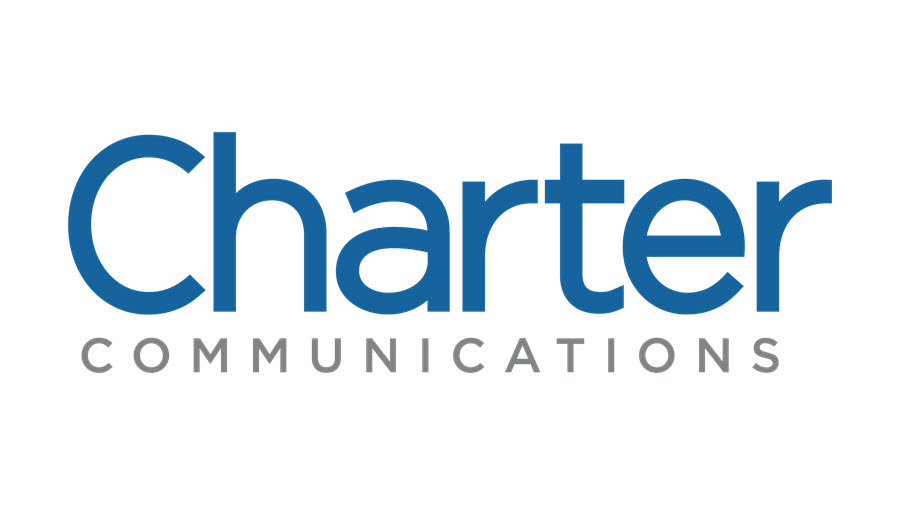Communications Companies Pledge to Help AG's Tackle Robocalls

The smarter way to stay on top of broadcasting and cable industry. Sign up below
You are now subscribed
Your newsletter sign-up was successful
In coordination with all 50 state attorneys general, Charter and Comcast have joined with big telecoms to combat robocalls.
A dozen companies (see below) have committed to a dozen principles they say will help protect phone users by making it easier for AGs to investigate and prosecute bad actors.
Thanks to the phone companies’ prevention efforts and the bipartisan Attorneys’ General enforcement efforts, the days of preying upon, misleading, and taking advantage of individuals throughout our state and this country will soon be numbered," said New York State AG Letitia James.
The FCC has been focused on combating billions of unwanted robocalls, spurred on by legislators, some of whom have gotten robocalls while conducting hearings on stopping unwanted robocalls.
The communications companies are already expected to have implemented no-cost, de facto, robocall blocking by the end of the year.
The companies have pledged to:
1. "Implement call-blocking technology at the network level, at no cost to customers;
The smarter way to stay on top of broadcasting and cable industry. Sign up below
2. "Make available to customers additional, free, easy-to-use call blocking and labeling tools;
3. "Implement technology to authenticate that callers are coming from a valid source; and
4. "Monitor their networks for robocall traffic."
They will also help AG's enforce blocking by:
1. "Knowing who their customers are so bad actors can be identified and investigated;
2. "Investigating and taking action — including notifying law enforcement and State Attorneys General — against suspicious callers;
3. "Working with law enforcement — including State Attorneys General — to trace the origins of illegal robocalls; and
4. "Requiring telephone companies with which they contract with to cooperate in traceback identification."
Along with Comcast and Charter, other companies taking the pledge were AT&T, Bandwidth, CenturyLink, Consolidated, Frontier, Sprint, T-Mobile, US Cellular, Verizon, and Windstream.
“Illegal robocalls are more than annoying, they are a deliberate attempt by criminals to flood voice networks with unwanted calls that scam, spoof and prey upon vulnerable consumers who are justifiably fed up," said CTIA, USTelecom and NCTA-The Internet & Television Association. “The member companies of USTelecom, CTIA and NCTA are taking action and aggressively responding to this threat with a variety of tools. We appreciate the efforts of the state attorneys general, the FCC, the FTC and other agencies to further collaboration that will hold the scammers behind these calls responsible for their actions.”
FCC Chairman Ajit Pai had plenty to say about the effort, including pointing out the things the FCC is already doing to combat the calls.
“Few things can bring together policy leaders across the political spectrum like the fight against unwanted robocalls," he said in a statement. "I salute today’s bipartisan, nationwide effort to encourage best practices for combating robocalls and spoofing and am pleased that several voice service providers have agreed to abide by them. It comes as no surprise to me that these leaders are dedicated to battling this scourge. Indeed, the FCC has a number of agreements with state officials to share information on robocalling and spoofing incidents, and I saw their dedication firsthand when I met with state attorneys general at their Consumer Protection Conference
earlier this year. I thank them for their continued leadership and look forward to working together to help American consumers.
“These principles align with the FCC’s own anti-robocalling and spoofing efforts. Earlier this month, the FCC adopted rules to apply anti-spoofing prohibitions to international robocalls, as called for by many of these same state attorneys general. In addition, we continue to see progress toward adoption of caller ID authentication using SHAKEN/STIR standards. And our call blocking work has cleared the way for blocking of unwanted robocalls by default and of likely scam calls using non-existent phone numbers. The FCC is committed to working together with Congress, state leaders, and our federal partners to put an end to unwanted robocalls.”
Contributing editor John Eggerton has been an editor and/or writer on media regulation, legislation and policy for over four decades, including covering the FCC, FTC, Congress, the major media trade associations, and the federal courts. In addition to Multichannel News and Broadcasting + Cable, his work has appeared in Radio World, TV Technology, TV Fax, This Week in Consumer Electronics, Variety and the Encyclopedia Britannica.

